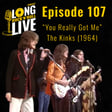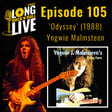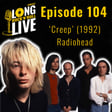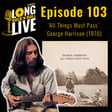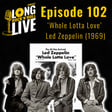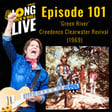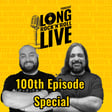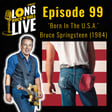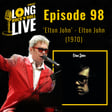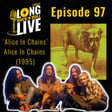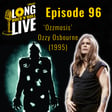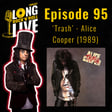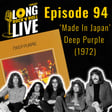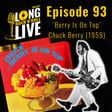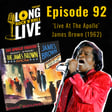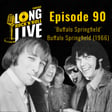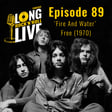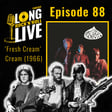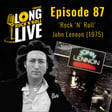
106. 'Sweet Baby James' - James Taylor (1970)
Following the modest reception to his debut, James Taylor released ‘Sweet Baby James’ - an album that would not only define his career but also ignite the singer-songwriter movement of the 1970s. Blending elements of folk, country, blues, and soft rock, Taylor crafted a deeply personal soundscape that resonated with a generation searching for authenticity. Against all odds, 'Sweet Baby James' became a landmark success, forever changing the course of American music and influencing countless artists to follow.
Episode Playlist: https://open.spotify.com/album/1HiG0ukRmFPN13EVcf98Jx?si=JQkn93E6RKejrWX08FcNgw
* Follow Long Live Rock 'N' Roll online: https://linktr.ee/longlivernrpod
* Get in touch and/or leave us a review: longliverocknrollpodcast@gmail.com
* Listen & Review us on Apple: https://podcasts.apple.com/gb/podcast/long-live-rock-n-roll/id1581139831
* Listen & Review us on Spotify: https://open.spotify.com/show/2wZW1BYAw9wJ6Z5blo2uGj
#JamesTaylor #SweetBabyJames #SingerSongwriter #1970sMusic #ClassicAlbums #FolkRock #FireAndRain #MusicHistory #AlbumReview #LaurelCanyon #AcousticMusic #70sFolk #MusicPodcast
